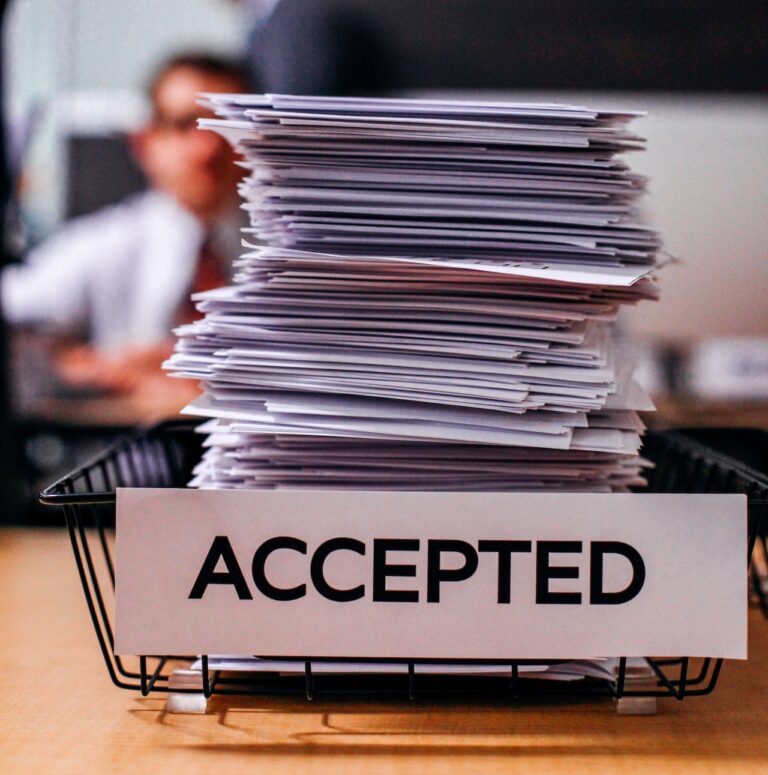There are two ways of confirming the authenticity of a foreign public document: Apostille and Legalisation. The main difference is in who gives the confirmation and how fast.
Legalisation:
Traditionally, the confirmation of authenticity is given by a consular officer of the state in which the document is to be used, after it has passed through a confirmative chain of authorities, including those of the state that originally issued the document. This process can take several weeks or even months.
Apostille/ The Hague Apostille:
To simplify and speed up the traditional legalisation process, many countries have agreed on a treaty called the Hague Convention. If both states concerned with a document are party to this agreement and consider the document public and requiring legalisation, authenticity of the document can be confirmed by a designated Competent Authority of the state that originally issued the document. This makes it considerably easier and faster to obtain (in most cases, within only a day). For more information see the brochure The ABCs of Apostille.

